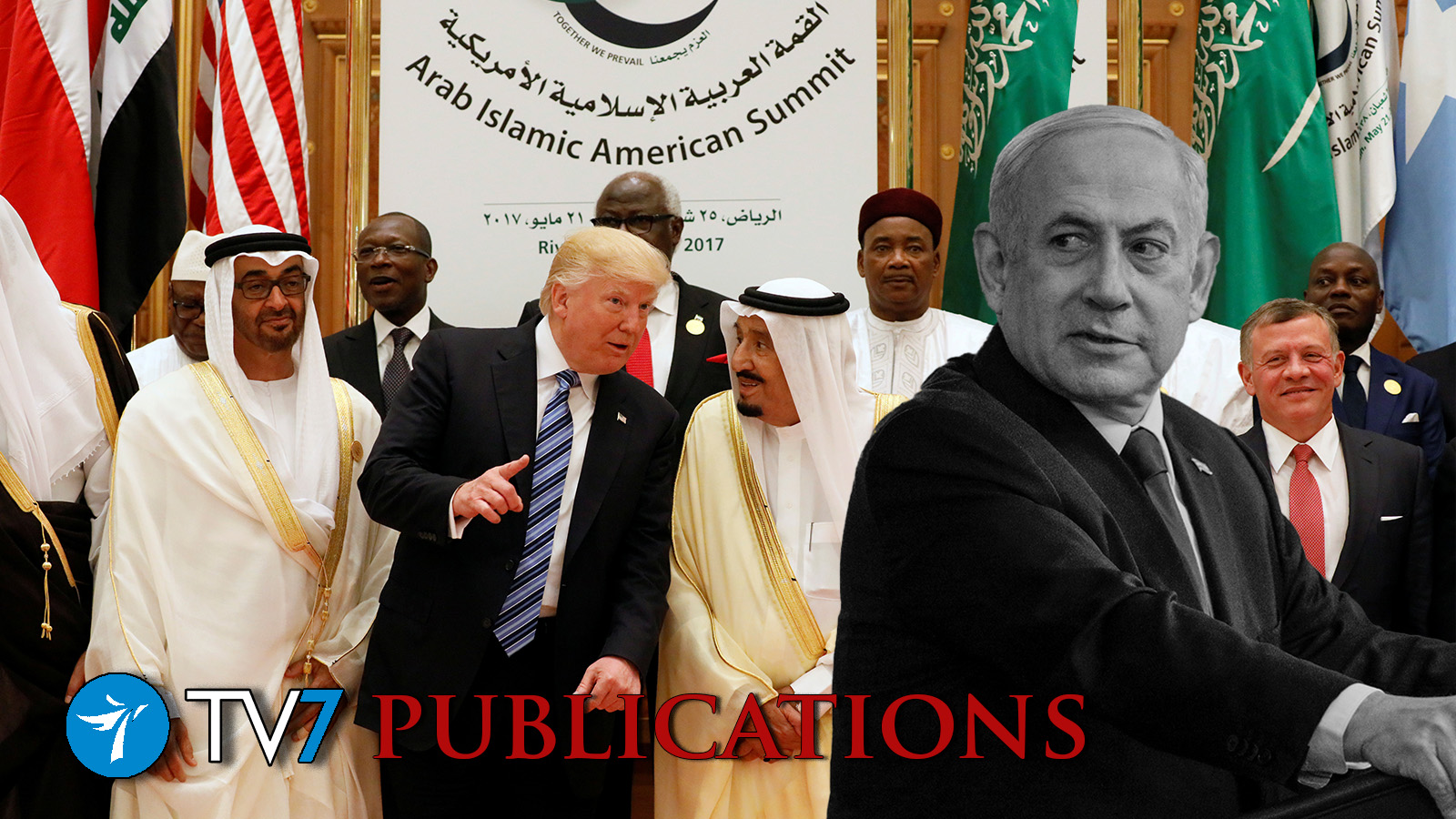Israel is a key player in the crisis currently unfolding in the eastern Mediterranean basin, on the same side as the UAE, Saudi Arabia, Egypt and Greece.
By Vice President of the Jerusalem Institute for Strategy and Security.
Unsurprisingly, the responses (in Israel and abroad) to the dramatic announcement by US President Donald Trump, Prime Minister Benjamin Netanyahu, and Mohammed bin Zayed, the crown prince (essentially, the ruler) of the United Arab Emirates, focused on the following: the Palestinian question and suspension of the Israeli sovereignty initiative; the joint stance against the Iranian threat; and even the political implications in Israel and the US. All of these factors were indeed significant and important aspects of the secretive, behind-the-scenes developments that led to the historic breakthrough.
Neglected, meanwhile, was another important question, which sheds additional and meaningful light on the timing of the announcement – and on the depth of the strategic partnership between Israel and the UAE – at the height of a paramount crisis currently unfolding in the eastern Mediterranean Sea basin.
The public in Israel hasn’t had much to say in recent months about the civil war in Libya, which has become a vital battleground between Turkey, aided by Qatar, and Egypt, which has been consistently and comprehensively supported by the UAE. It is important to note the extended rift between Qatar on one side and Saudi Arabia and Gulf emirates on the other, which stems, among other things, from Qatar’s favorable view of the Muslim Brotherhood movement.
Over the past week, however, the fight in Libya has become more relevant for Israel and its future. The foreign ministers of Egypt and Greece – Sameh Shoukry and Nikolaos Dendias – signed an agreement in Cairo delineating the countries’ respective Exclusive Economic Zones in the eastern Mediterranean.
This deal puts both countries on a collision course with the map outlined by Turkish President Recep Tayyip Erdogan and the government of Fayez al-Sarraj, which controls the Libyan capital of Tripoli and northwestern Libya. Based on this map, Turkey and Libya share an EEZ border, and therefore Greece cannot, physically, share one with Egypt.
On the fundamental level, the dispute pertains to the status of islands, such as Crete. On a practical level, Turkey’s objective is to block Cyprus, Egypt and Israel from accessing European natural gas markets.
In an angry response to the Egyptian-Greek agreement, Erdogan dispatched a seismic research vessel, escorted by five warships, to the Aegean Sea, to operate inside Greek’s economic waters (as they are designated by international law), but which Turkey claims as its own. Consequently, the threat of a military conflagration in the eastern Mediterranean is palpable.
All of this is directly related to Israel’s diplomatic breakthrough with the UAE. The UAE views the Erdogan regime as a threat, working to help the Muslim Brotherhood seize power in countries in the region, including Egypt. Hence the UAE (along with Saudi Arabia) supported the ouster of former Egyptian president Mohammed Morsi in the summer of 2013.
Turkey, for its part, repudiated the “thievery of power” by current Egyptian President Abdel Fatah el-Sissi. This is also why Egypt rallied to the aid of Libyan Field Marshal Khalifa Haftar in western Libya and his attempt to capture Tripoli – thwarted when Turkey intervened militarily on behalf of Sarraj.
In the wake of the Egyptian-Greek agreement, meanwhile, UAE Foreign Minister Anwar Gargash unequivocally backed the Egyptian position, even describing it as a “victory” with historic significance.
This week, albeit in less bombastic terms, Israel also came out in support of the agreement. Anyone seeking to understand why Israel and the UAE announced their peace treaty at this time should examine these geo-political developments along with the issues of Israeli sovereignty in Judea and Samaria and the growing Iranian threat.
JISS Policy Papers are published through the generosity of the Greg Rosshandler Family.
